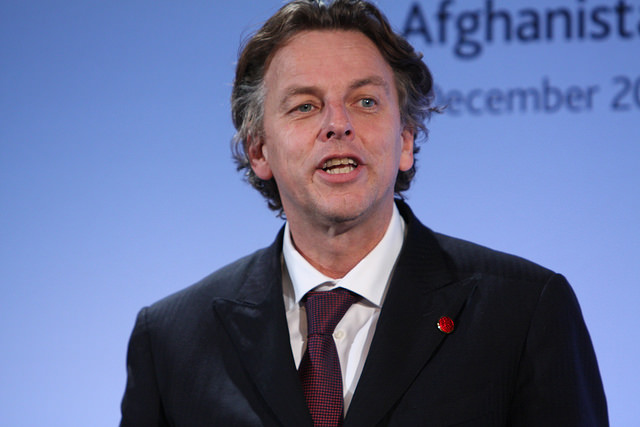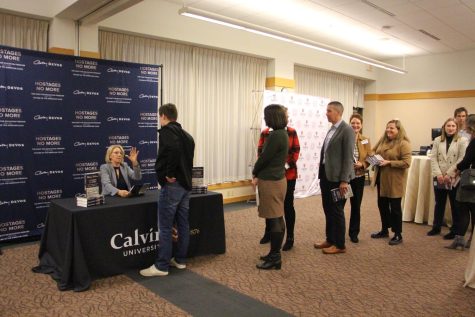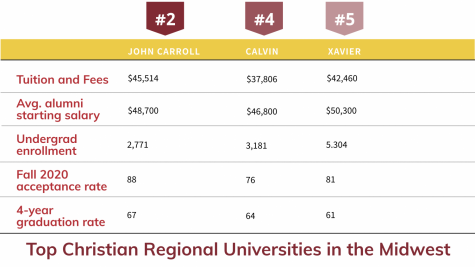Former Dutch politician calls for US and EU cooperation
Albert Gerard “Bert” Koenders, former Dutch Minister of Foreign Affairs, called for changes in the relationship between the US and the European Union (EU), as well as for continued transatlantic cooperation between the two, in his lecture on the subject last Thursday in the CFAC Recital Hall.
He recognized that the many issues we face today, such as terrorism, migration crises and polarization, have caused the rise of nationalism on both sides of the Atlantic, with nations becoming less interested in international cooperation and more interested in serving their own interests. However, he emphasized that self-interest and cooperation are not contradictory to each other; rather, they build on each other.
Koenders went on to demonstrate how the Marshall Plan, the economic policies the U.S. undertook to help rebuild Europe after the devastation of World War II, is a perfect example of how international cooperation and self-interest work together to create progress. Koenders expressed the current need for new transatlantic deals that recognize the complexity of the modern era and face the wider umbrella of international issues present today.
Koenders voiced his support for more transatlantic dialogue and cooperation and recognized that the US and the EU have many similar values, despite some disagreements in policy.
In regards to the differences between the two, Koenders said, “What divides us makes headlines, but what unites us makes progress.”
He affirmed that Europe does have problems, but its situation is far from hopeless, and that the EU must work to reform itself since it has greatly expanded after the fall of the Soviet Union.
Koenders is a retired Dutch politician with vast amounts of experience in the field of international relations. He served as minister of foreign affairs from 2014 to 2017, as well as president of the council of the European Union from 2016 to 2017. He also served as under-secretary-general of the United Nations for three years.
Koenders is well aware of the importance of the times we are living in, describing them as a “possible turning point in history.” The decisions made by powerful nations and institutions, he says, can have drastic effects on the immediate and distant future.
Quoting former US Secretary of State George Marshall, Koenders said, “‘The whole world’s future hangs on proper judgement.’ Seventy years on, I think this is still true.”







